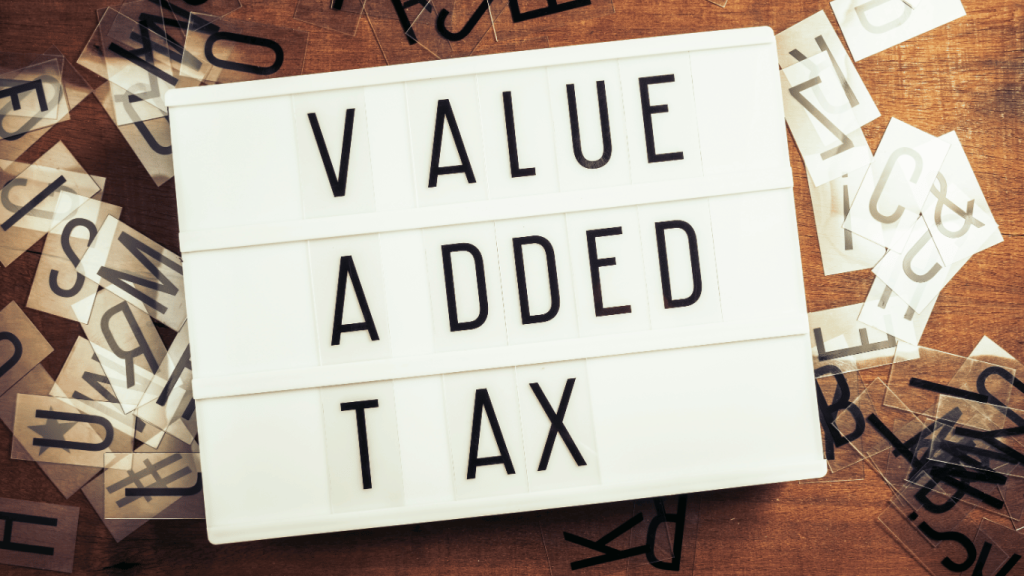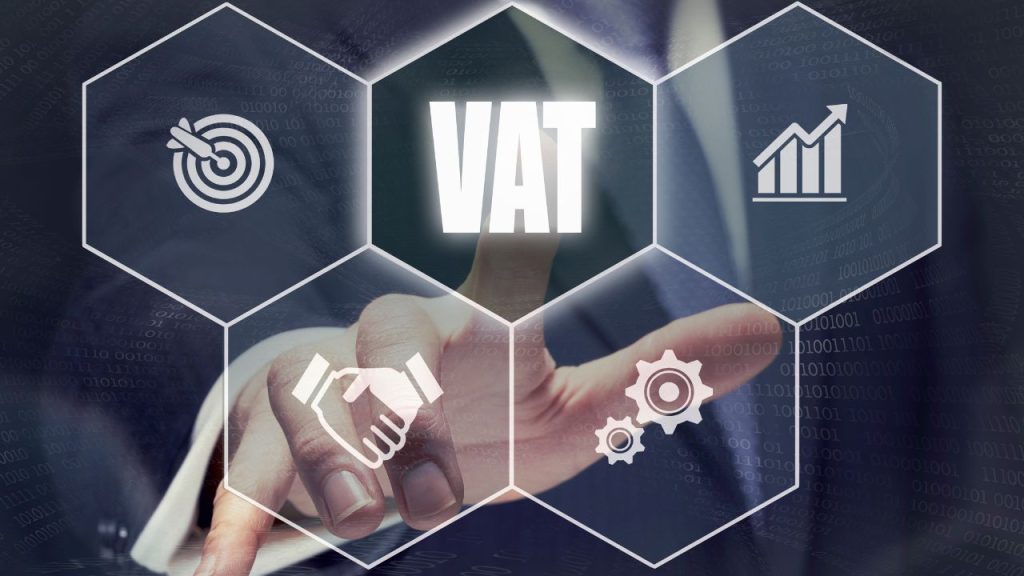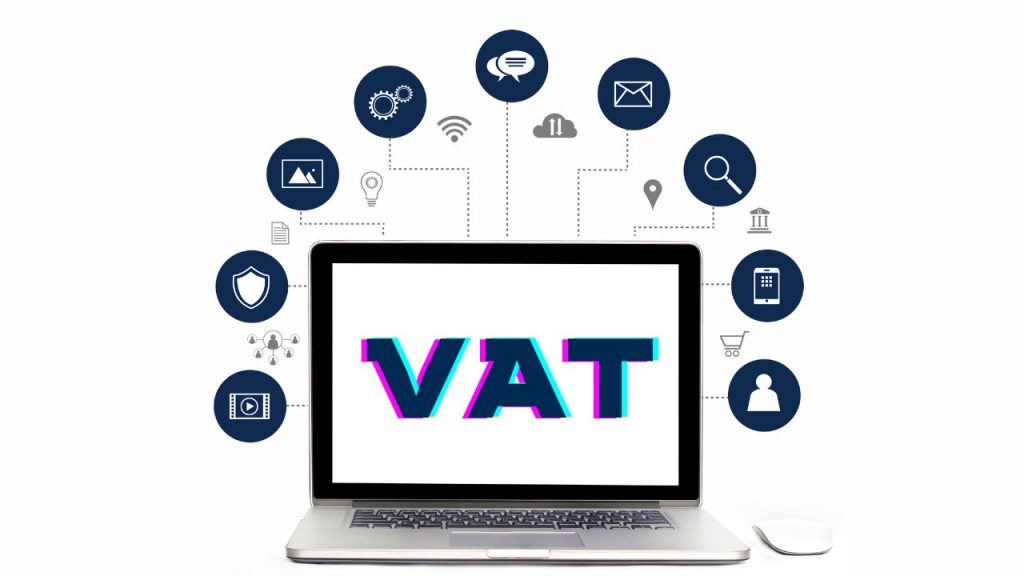
Value Added Tax (VAT) is a consumption tax imposed on the value added to goods and services at each stage of production or distribution. For small business owners, understanding VAT is essential as it can have significant implications for financial management and compliance. In this article, we will explore everything small business owners need to know about VAT, from registration and rates to compliance and recent legislative changes.
Introduction to Value Added Tax (VAT)
VAT is a type of indirect tax that is levied on the sale of goods and services. Unlike direct taxes, such as income tax, which are paid directly by individuals or businesses to the government, VAT is collected by businesses on behalf of the government. The ultimate burden of VAT falls on the final consumer, who pays the tax as part of the purchase price.
Understanding VAT Registration
Small businesses are required to register for VAT if their taxable turnover exceeds a certain threshold. In the UK, for example, businesses must register for VAT if their taxable turnover exceeds £85,000 in a 12-month period. However, businesses can also choose to register for VAT voluntarily, even if their turnover is below the threshold.
VAT Rates and Exemptions
VAT is charged at different rates depending on the type of goods or services being supplied. In the UK, there are three main VAT rates: the standard rate, the reduced rate, and the zero rate. Some goods and services are also exempt from VAT altogether, such as certain financial services and medical supplies.
VAT Returns and Records
Once registered for VAT, small businesses are required to submit regular VAT returns to HM Revenue & Customs (HMRC). These returns detail the amount of VAT charged on sales and the amount of VAT paid on purchases. It is essential for businesses to maintain accurate records of their VAT transactions to ensure compliance with VAT regulations.
Impact of VAT on Small Businesses

VAT can have significant financial implications for small businesses, affecting cash flow, pricing strategies, and profitability. Compliance with VAT regulations can also pose challenges for small businesses, particularly those with limited resources or expertise in tax matters.
VAT and International Trade
For businesses involved in international trade, VAT considerations become even more complex. Import and export transactions are subject to specific VAT rules, and businesses must navigate these rules carefully to avoid potential pitfalls and ensure compliance with customs regulations. However, despite the complexities, understanding VAT can actually streamline global expansion efforts.
By leveraging VAT regulations intelligently, businesses can facilitate their expansion into new markets with greater ease. VAT provides a structured framework for managing cross-border transactions, simplifying the process of entering new markets and establishing a presence abroad. With a comprehensive understanding of VAT, businesses can navigate international trade barriers more effectively, making global expansion easy.
VAT Flat Rate Scheme
The VAT Flat Rate Scheme is a simplified method of accounting for VAT designed to reduce the administrative burden for small businesses. Under this scheme, businesses pay a fixed percentage of their turnover as VAT, rather than calculating the VAT on each individual sale or purchase.
VAT Penalties and Enforcement
Failure to comply with VAT regulations can result in significant penalties and fines for small businesses. HMRC has the authority to impose penalties for late VAT registration, late VAT returns, and errors in VAT calculations. It is essential for businesses to understand their VAT obligations and ensure timely compliance to avoid penalties.
VAT and Digital Services

Understanding the Place of Supply
The rise of digital services has presented new challenges for VAT compliance, particularly for businesses operating across borders. For VAT purposes, the place of supply rules determine the country where a transaction should be subject to tax.
Determining VAT Liability
When supplying cross-border digital services to non-business consumers, businesses need to consider factors such as the location of the consumer and the nature of the service provided. If a business supplies digital services to UK consumers, those supplies are liable to UK VAT. However, if the supplies are made to consumers outside the UK, they are not liable to UK VAT but may be subject to VAT in the country where the consumer is based.
Options for VAT Accounting
Businesses supplying digital services to consumers in the EU have two options for VAT accounting: they can register for the Non-Union VAT MOSS scheme in an EU member state or register for VAT in each EU member state where digital services are supplied to consumers.
Defining Digital Services
The definition of digital services encompasses various categories, including radio and television broadcasting services, telecommunications services, and electronically supplied services. It's essential for businesses to accurately determine whether their services fall under these categories to comply with VAT regulations.
Responsibilities for Digital Platforms
Additionally, businesses operating digital platforms, gateways, or marketplaces need to ascertain their VAT responsibilities based on specific conditions outlined in the guidance. For instance, if a platform operator handles aspects such as payment authorization and delivery, they may be responsible for accounting for the VAT on sales made through the platform.
VAT Advisory and Support Services
Given the complexity of VAT regulations, many small businesses seek advice and support from VAT consultants or accounting firms. These professionals can provide guidance on VAT registration, compliance, and planning, helping businesses navigate the complexities of VAT legislation.
Recent Changes in VAT Legislation
VAT legislation is subject to frequent changes and updates, often in response to evolving economic or political developments. Small business owners must stay informed about these changes and understand how they may affect their VAT obligations and operations.
Tips for Managing VAT Effectively

Effective VAT management requires careful planning and attention to detail. Small businesses can use software tools to automate VAT calculations and filings, reducing the risk of errors and ensuring timely compliance with VAT regulations.
Common Mistakes to Avoid
Errors in VAT calculations and misinterpretation of VAT rules are common pitfalls for small businesses. By understanding the most common mistakes and taking proactive steps to avoid them, businesses can minimize the risk of non-compliance and penalties.
VAT Planning and Strategy
Strategic VAT planning can help businesses minimize their VAT liabilities and optimize their cash flow. By forecasting VAT liabilities and implementing tax-efficient strategies, businesses can reduce their overall tax burden and improve their financial performance.
Conclusion
In conclusion, VAT is a complex but essential aspect of doing business for small business owners. By understanding VAT registration, rates, compliance, and planning, businesses can effectively manage their VAT obligations and minimize the risk of penalties. Staying informed about recent changes in VAT legislation and seeking professional advice when needed can help small businesses navigate the complexities of VAT regulations successfully. For further information on VAT legislation updates, you can visit the HM Revenue & Customs website for authoritative guidance.
Frequently Asked Questions
1- What is the VAT registration threshold for small businesses?
The VAT registration threshold for small businesses in the UK is £85,000 in a 12-month period.
2- Are there any exemptions from VAT for small businesses?
Yes, certain goods and services are exempt from VAT, such as certain financial services and medical supplies.
3- What are the penalties for non-compliance with VAT regulations?
Penalties for non-compliance with VAT regulations can include fines, interest charges, and even criminal prosecution in severe cases.
4- Can small businesses reclaim VAT on purchases?
Yes, small businesses registered for VAT can reclaim the VAT paid on purchases related to their business activities.
5- How often do small businesses need to submit VAT returns?
Small businesses registered for VAT typically need to submit VAT returns quarterly, although some may qualify for annual accounting or monthly filing schemes.